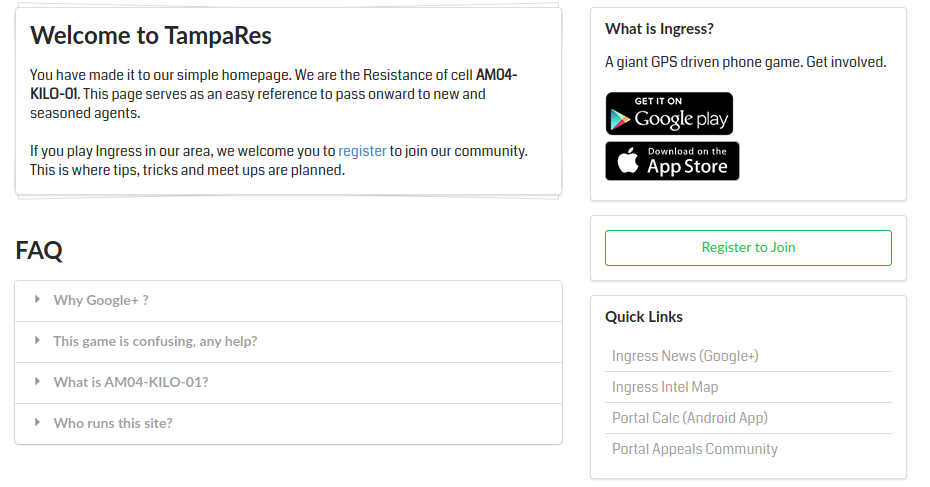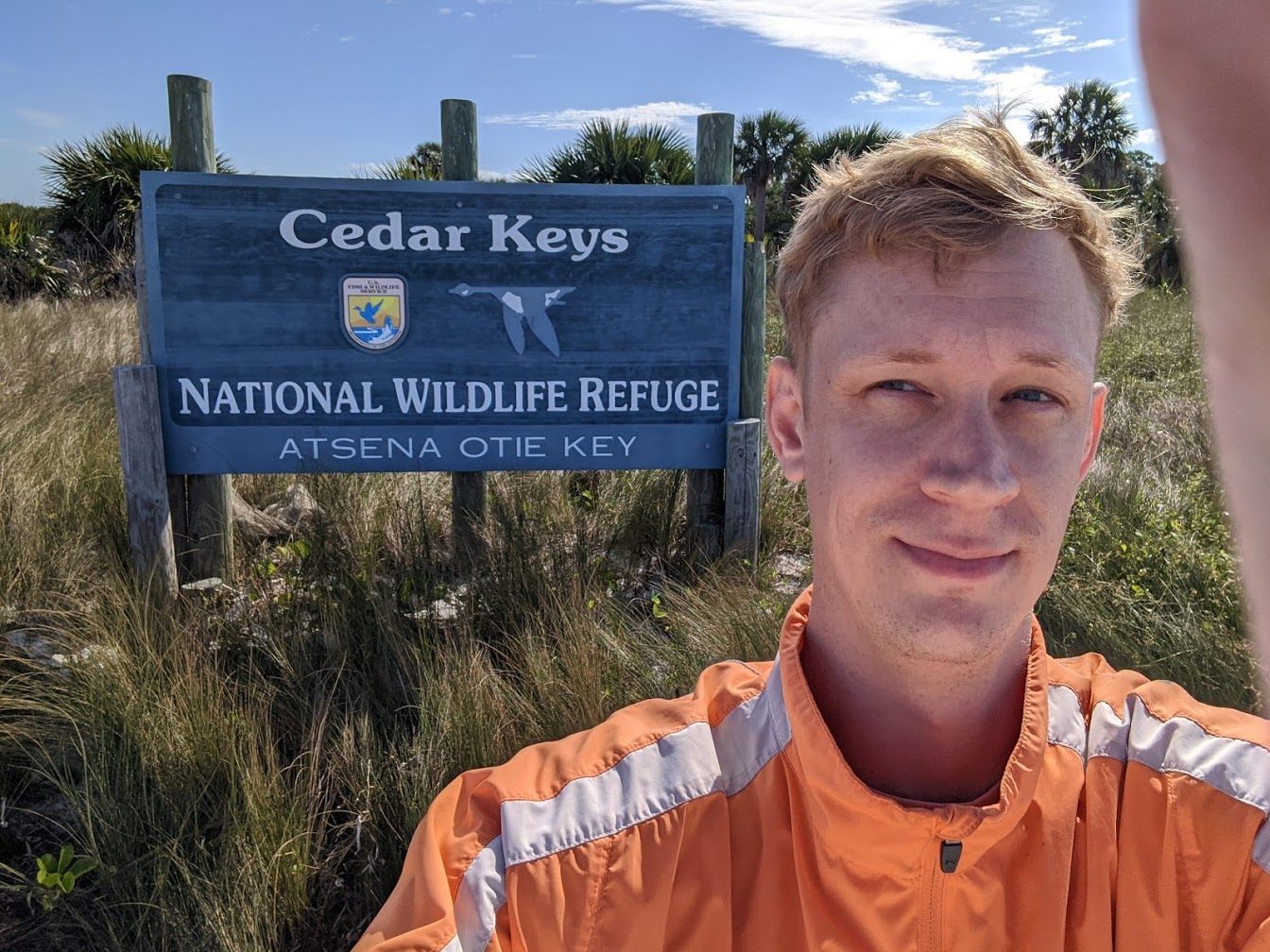Why I play Ingress

A few weeks ago I landed in Tampa shortly after 1am on a Sunday with work on the next day (or rather same day). Coworkers wonder why I do it. My parents wonder why I do it. My ex wondered why I do it. Sometimes I wonder why I do it.
Who pays money to visit another city to play a game on their phone? We aren't talking professional e-sports here, just a hobby game. So I took a step back and wrote this post.
At the basic level, Ingress is a massive digital territory game. Every monument, post office and a variety of other things are the digital footprint this game is played on. You can play at any location of the world assuming you have signal. The game pioneered the digital map that PokemonGo and Wizards Unite were built upon. With that catch up let me dig into all the things that continue to keep me addicted to Ingress.
Community Management

At the core of Ingress regions are controlled by either blue or green (the two teams). That control may be because of pure chaos, but is more likely due to organized control. This means that no matter what city you visit across the world the leading team has some self-organizing group of agents. This may be a Facebook group, Slack team, association of Telegram chats or a handful of other community options.
This means it's in the best interest of the succesful team to reach out to unknown agents in the area to loop them into their community. Public communities won't work due to the competitive nature, so how do a bunch of random people self-organize online?
Sometimes it isn't pretty, but I find it fascinating to see how people self-organize groups. It reminds me of the days I hosted a forum for Xbox modding. It takes a healthy amount of self-control and community management skills. A community can easily become a toxic mess and thus drive people away.
The Portal Game
Portals are the key focal point of Ingress and these things are everywhere. One popular avenue of this game is engaging in the difficult portal hunt. That portal on an island requiring a kayak makes it difficult to visit. That portal which is a dead-zone of AT&T and requires carrier knowledge. That portal located in the middle of Gulf of Mexico which requires satellite data. That portal located in a restricted area requiring convincing of staff to access.

Above is myself on an island off the coast of Cedar Key solely there to capture a few portals for a game on my phone. Though, the journey and food and local experience of visiting all these places really pays off. I learn a bit about history of areas I didn't even know existed without this game.
Some of these journeys require a backpack of interesting technology for the signal game in order to have a data connection at the portal. This can grow quickly to be an expensive route, but a fun one nonetheless. Since there is something quite funny to see an opponent learn about the difficulties with such a portal.
The Logistic Game
Since the game requires communication with nearby areas in order to succeed you are left with an interesting dilemma when you live on the coast. Can the game span across time zones and languages? It does and that once again blows my mind with chat groups full of trusted players ranging from United States, Mexico, Grand Cayman, Aruba and every little Caribbean island.
To maximize success you need to move digital items between these areas, so travel sharing begins to identify someone traveling from X to Y. Those travels part of usual every day life prove to be immensely helpful when attempting to succeed not only locally, but regionally in Ingress.
So then what happens when you visit one of these areas yourself? Or even travel to a nearby city? You now have friends of friends across a game that you can leverage for local knowledge and more than always - a friend to drink with.
